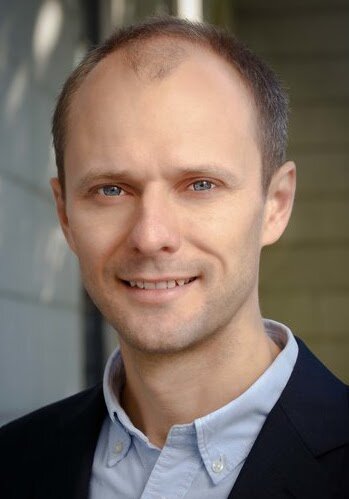Converging to Convergence
Date: Friday, November 12, 2021
Time: 3:00pm - 5:00pm Eastern Time
Abstract:
Empirical tests in the 1990s found little evidence of poor countries catching up with rich—unconditional convergence—since the 1960s, and divergence over longer periods. This stylized fact spurred several developments in growth theory, including AK models, poverty trap models, and the concept of convergence conditional on determinants of steady-state income. We revisit these findings, using the subsequent 25 years as an out-of-sample test, and document a trend towards unconditional convergence since 1990 and convergence since 2000, driven by both faster catch-up growth and slower growth of the frontier. During the same period, many of the correlates of growth—human capital, policies, institutions, and culture—also converged substantially and moved in the direction associated with higher income. Were these changes related? Using the omitted variable bias formula, we decompose the gap between unconditional and conditional convergence as the product of two cross-sectional slopes. First, correlate-income slopes, which remained largely stable since 1990. Second, growth-correlate slopes controlling for income—the coefficients of growth regressions—which remained stable for fundamentals of the Solow model (investment rate, population growth, and human capital) but which flattened substantially for other correlates, leading unconditional convergence to converge towards conditional convergence.
Speakers:
Michael Kremer is a University Professor in the Kenneth C. Griffin Department of Economics at the University of Chicago. He is the 2019 co-recipient of the Sveriges Riksbank Prize in Economic Sciences in Memory of Alfred Nobel. He is a Member of the National Academy of Sciences, a recipient of a MacArthur Fellowship and a Presidential Faculty Fellowship, and was named a Young Global Leader by the World Economic Forum. Kremer’s recent research examines education, health, water, and agriculture in developing countries.
Jack Willis is an Assistant Professor of Economics at Columbia University since January 2018, a CEPR Research Fellow, and a NBER Faculty Research Fellow. His research interests are in development economics and its intersection with public economics, behavioral economics, and household finance.
Moderator:
William Easterly, Professor of Economics at New York University (NYU), Co-director of NYU Development Research Institute (DRI)



